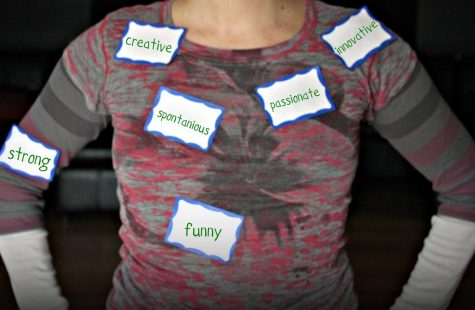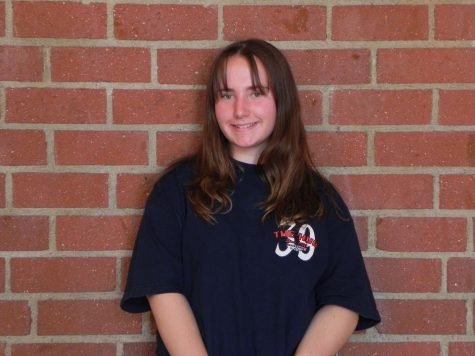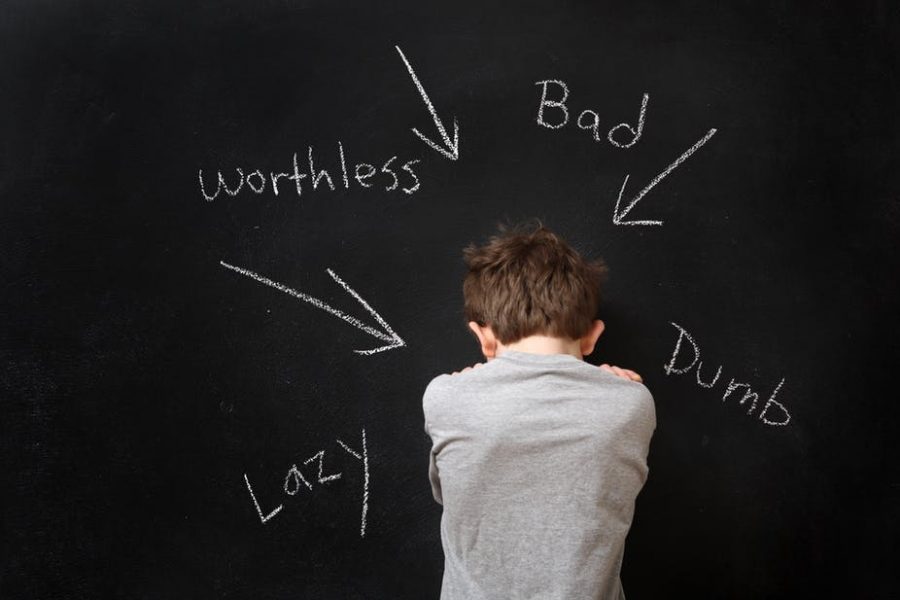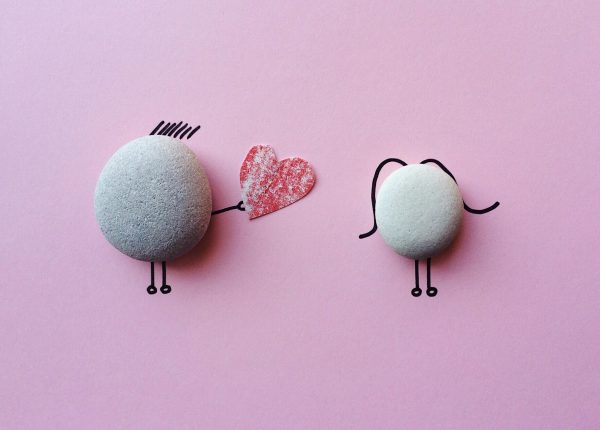Putting Labels on Other People
http://theconversation.com/labelling-kids-the-good-the-bad-and-the-adhd-31778
A boy standing in front of a chalk board with hurtful labels being directed at him.
Fat, skinny, small, short, tall, thin, wide, ugly, gross, worthless, useless, stupid. All of these are labels that are given to people that can negatively impact their opinion of themselves. While people use labels to describe someone or something in a word or a short phrase, labeling is used for identification. In other words, labeling is a way of further explaining something so another person will understand them better. Most of the time if you hear a label, you will picture that label in your mind. For example, if someone is trying to explain what another person looks like, they might say that that person looks ugly. You can picture what your version of ugly looks like in your mind. People tend to assume what other people are like or how they will behave when they hear someone use labels. For example, if you haven’t met someone and you’re calling them worthless, that’s an assumption because you obviously don’t have enough evidence to back up your claim. These labels or assumptions can permanently damage others’ self-esteem. Jo-Ann Larsen from Deseret News says, “Negative labeling hurts self-esteem and opportunities for personal growth.” She continues to say that labels are being used to evaluate personal characteristics. When using negative labels to describe your characteristics or others, that can give away your and other people’s uniqueness. It gives away what’s good about you. When using hurtful words or phrases to describe someone, it messes with their self-esteem, causing them to actually live up to it. This means they do certain things to make people believe that they fit that label. “If you put too much thought into that label, you are to become that label,” says Larsen. You choose how you want to be perceived as a person. You can choose to be looked badly upon or you can choose to be looked at as positive, but it’s up to you. Nobody can make that decision for you, a person’s behavior does not define them. “Labels are a distortion in thinking, abstractions that don’t exist in reality.” If you are one of the people that label others, keep in mind that whoever you are putting a label on will most likely be called the same thing by other people. You can call it a domino effect. Once someone is called a certain name, other people start to get familiar with that name so then they start thinking of that person as that label. That’s when the domino effect begins, leaving that person with no room to grow or change. It’s sad if you think about it, bringing other people down for no reason. This is why people are born with names, so they don’t have these harmful remarks coming at them from day one. People are also capable of giving themselves labels. Most people tend to criticize themselves with labels, wiping out any positive characteristics they may have of themselves. But why would you want to label yourself or others and risk the good self-esteem that they have? Having good self-esteem is what keeps people in the right mindset, it keeps people sane. It’s also what maintains your happiness. Don’t ruin your self-esteem or anyone else’s by searching for labels to give out, it’s not worth it. Start using positive labels: pretty, smart, creative, funny, caring, strong, or hard-working. Positive labels will make your life better and it will take away chances to let others down. “The inner speech, your thoughts, can cause you to be rich or poor, loved or unloved, happy or unhappy, attractive or unattractive, powerful or weak,” says Ralph Charell (an American author).

Sources for Research:
https://en.wikipedia.org/wiki/Labelling
https://www.deseret.com/1990/1/7/18840347/negative-labeling-hurts-self-esteem-and-opportunities-for-personal-growth
https://capturethemoon.wordpress.com/2013/02/07/the-dos-dont-of-labeling-yourself/
https://www.theworldcounts.com/life/potentials/what-is-labeling-theory-psychology

I am a freshman at Taft High and Section Editor for the Taft Tribune. Good-ish dancer, talented singer, likes writing, and I love having fun.








Laila • Dec 11, 2019 at 10:38 am
I loved reading this article. It brings attention to the fact that many teens and high school students put labels on each other, and how it effects us.